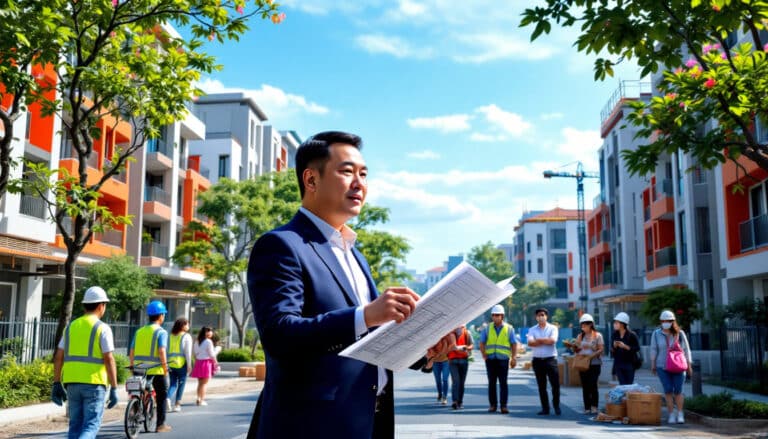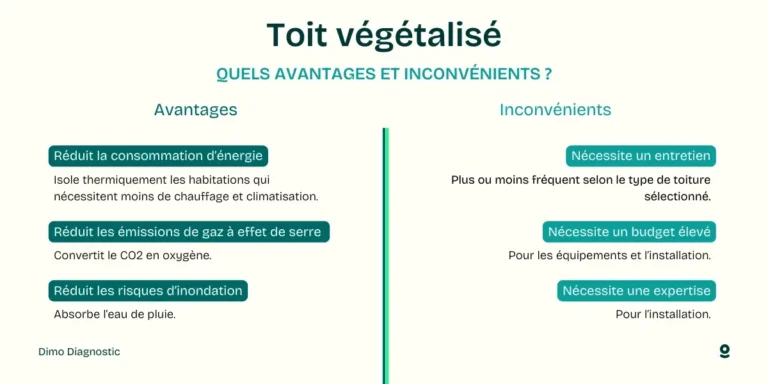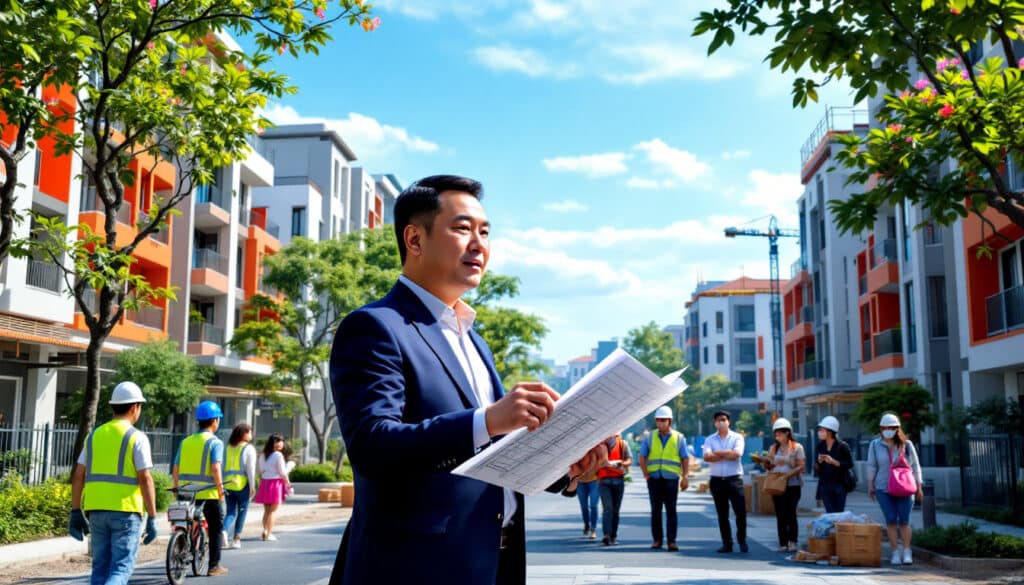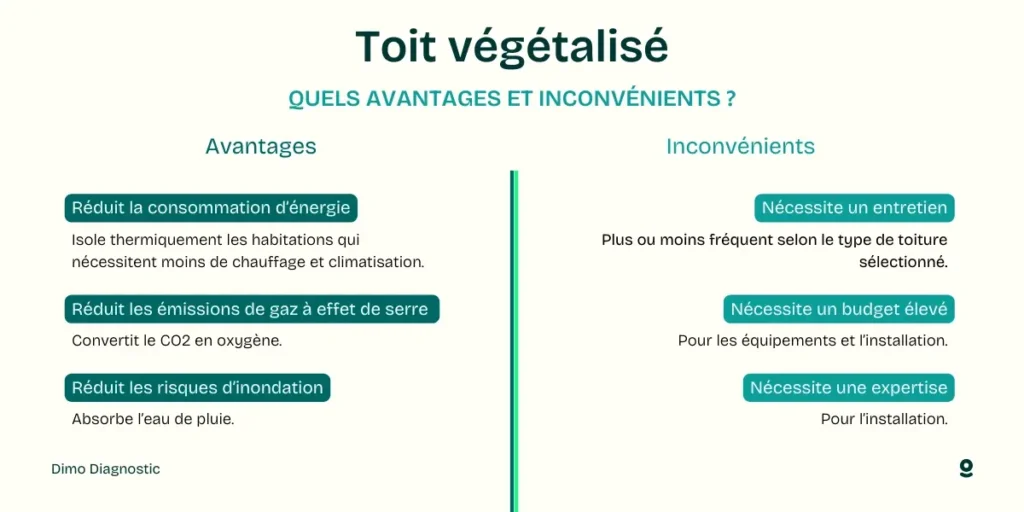
Next-generation smart buildings stand out for their ability to integrate advanced technologies, thereby transforming the way we interact with built space. Thanks to interconnected systems and the Internet of Things (IoT), these installations offer optimal energy management in real time, allowing reduce costs and improve efficiency. By capitalizing on the data collected, intelligent buildings are part of a process of enduring dedication while meeting contemporary economic requirements.

In the era of technological revolution, smart buildings new generation are emerging as models of energy and economic efficiency. Through the integration of advanced technologies such asInternet of Things (IoT), these buildings are capable of collecting and analyzing data in real time, thus optimizing their operation. This article explores how these innovative installations are transforming our approach to infrastructure and contributing to a sustainable future.
Table of Contents
ToggleOptimized energy management
Smart buildings rely on interconnected technical systems that facilitate energy management effective. By continuously collecting data on energy consumption, these systems make it possible to identify peaks in use and automatically adjust the operation of devices. For example, the smart sensors can modulate lighting or air conditioning according to space occupancy, thus reducing waste.
Interoperability of technical systems
To maximize the benefits of smart buildings,interoperability of the different technical systems is essential. This means that the various devices, whether security, energy management or environmental monitoring, must communicate with each other seamlessly. This integrated communication makes it possible to optimize all processes, thus offering substantial energy savings and improving occupant comfort.
Technological advances for sustainability
The evolution of information and communication technologies plays an essential role in the development of intelligent buildings. THE digital technologies promote the creation of more sustainable environments by enabling greater visibility and control over energy consumption. The data collected can also be used for predictive analyses, making it possible to anticipate and prevent possible efficiency problems before they arise.
Economic impact of smart buildings
In addition to the environmental benefits, smart buildings also translate into substantial savings. Thanks to finer energy management, businesses can reduce their energy bills while increasing the rental value of their properties. Young builders and real estate developers are increasingly adopting these solutions, recognizing the potential attractiveness offered by buildings with high energy performance.
Future of infrastructure: towards a smart world
With the rise of smart buildings, we are moving towards a future where innovation and sustainability go hand in hand. THE smart grid ready buildings become the norm, transforming structures into active entities capable of interacting with the global energy network. This radical change in the way we build and live paves the way for a real revolution in the field ofreal estate and the sustainable construction.

- Connected systems: Using theInternet of Things to interconnect equipment.
- Optimized energy management: Data analysis to reduce energy costs.
- Interoperability: Facilitating communication between different technical systems.
- Smart sensors: Real-time monitoring of energy consumption.
- Cloud-based solutions: Access to platforms that analyze and optimize energy performance.
- Circular economy: Reuse of resources and reduction of waste through intelligent measures.
- Sustainable design: Integration of ecological criteria from the construction phase.
- Smart grids: Buildings designed to integrate efficiently into the smart electricity grid.
- Artificial intelligence: Using AI to predict and optimize energy needs.
"Les logements et les bâtiments intelligents, ce n’est pas que pour les riches" https://t.co/23WKgXUPn7
— La Libre (@lalibrebe) June 6, 2024
















